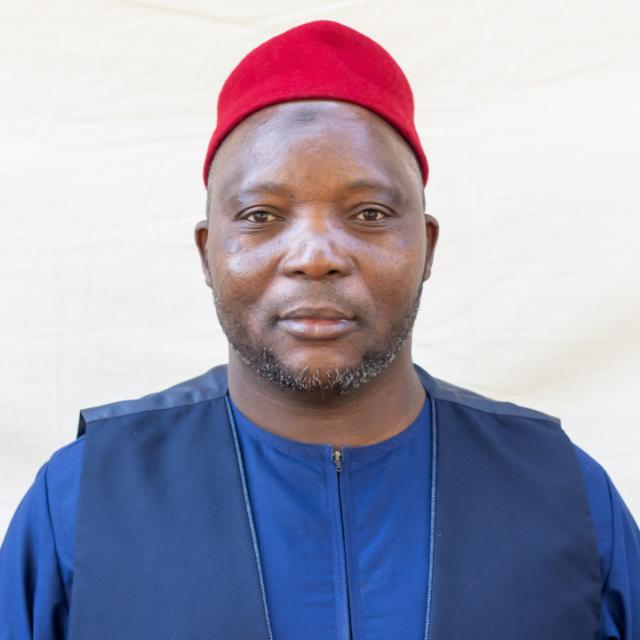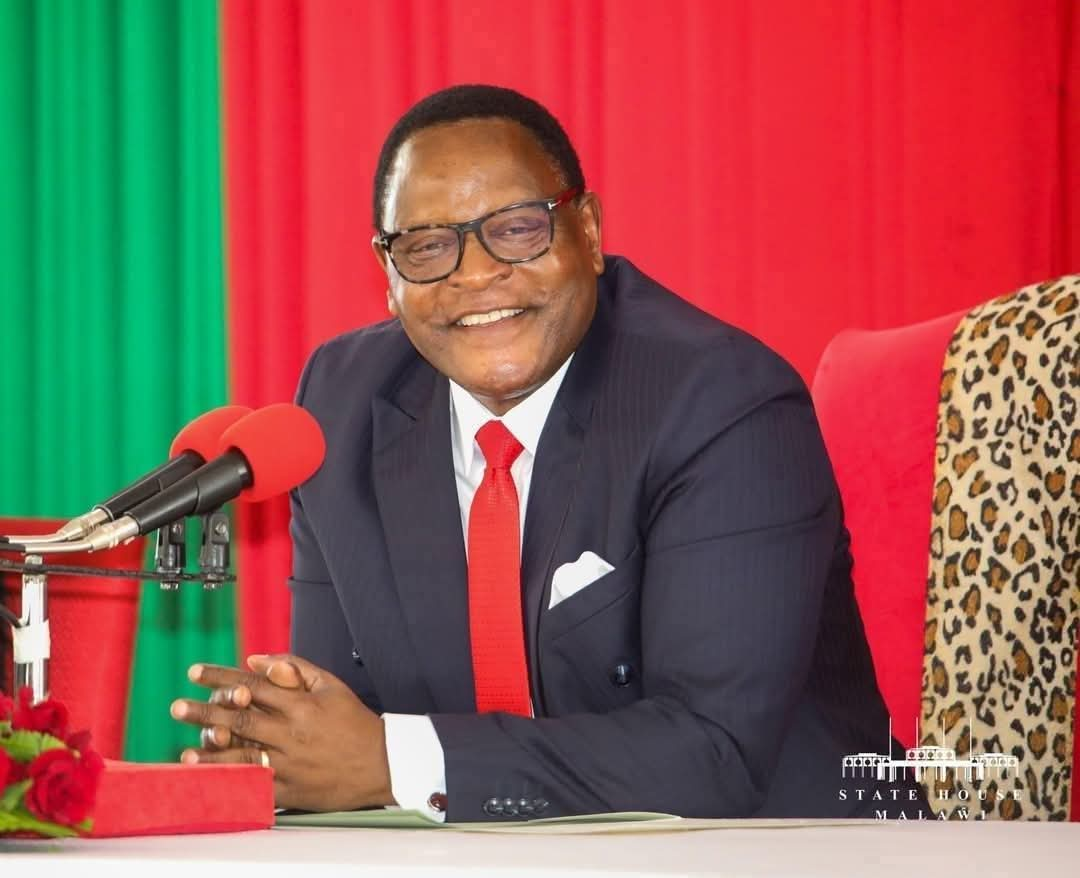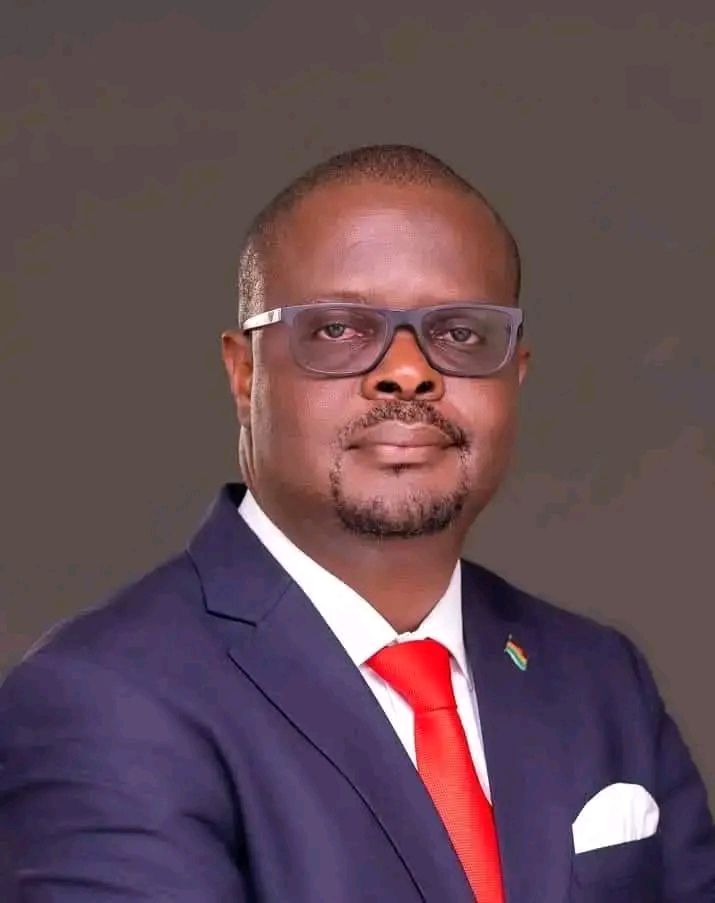By Jones Gadama
Blantyre, Malawi – In a significant and unprecedented move ahead of Malawi’s September 16 general elections, the Malawi Interfaith Council for Peace and Justice (MICPJ) has issued a powerful call to the nation. The council urges Malawians to move away from voting along traditional political party lines and instead rally behind independent candidates who embrace inclusiveness and unity.
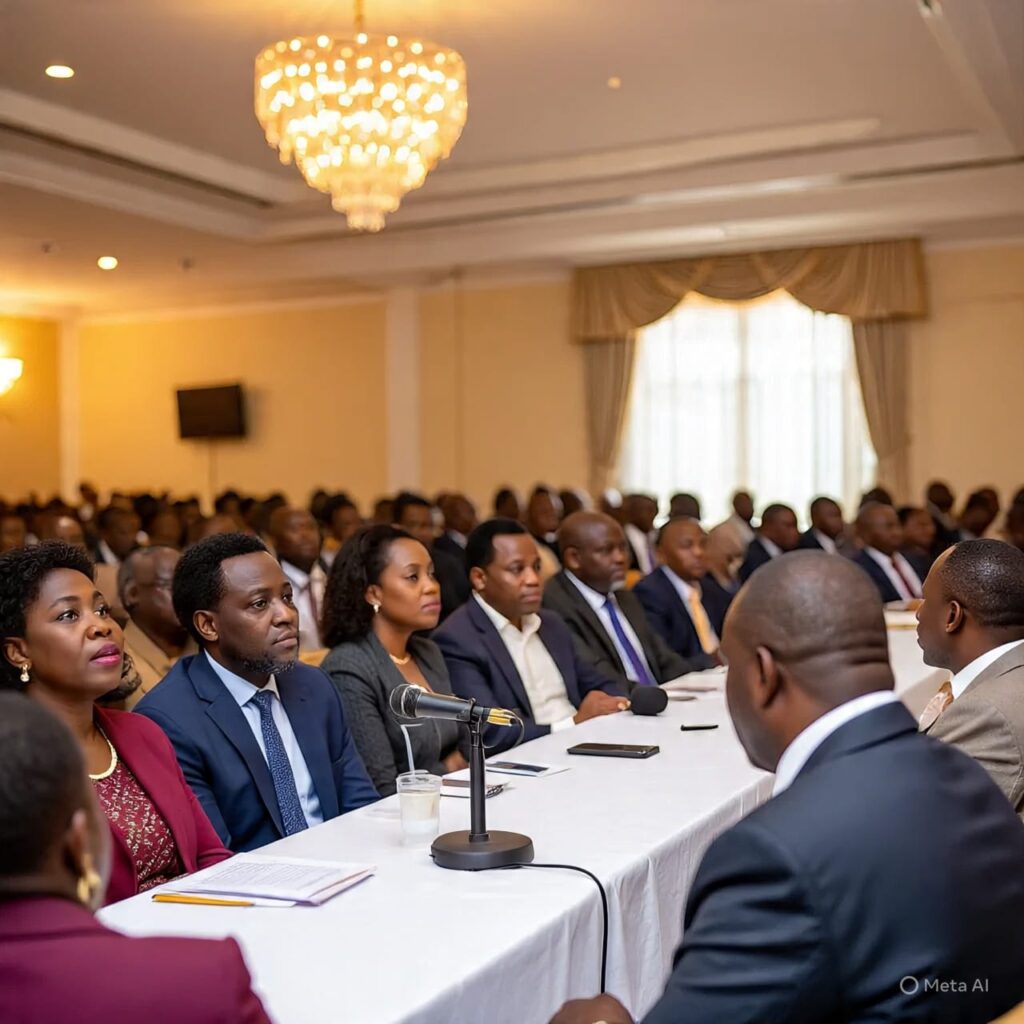
In a strong endorsement, MICPJ has named Adil James Chilungo as the sole presidential candidate with a transformative vision for Malawi’s future.
The announcement came at the conclusion of MICPJ’s annual general meeting held in Blantyre, where leaders from Christian, Muslim, and other faith communities convened to deliberate on the country’s socio-political landscape.
The council’s secretary general, while reading the official communique, highlighted the institution’s painstaking review of all manifestos from both political parties and independent candidates vying for the presidency.
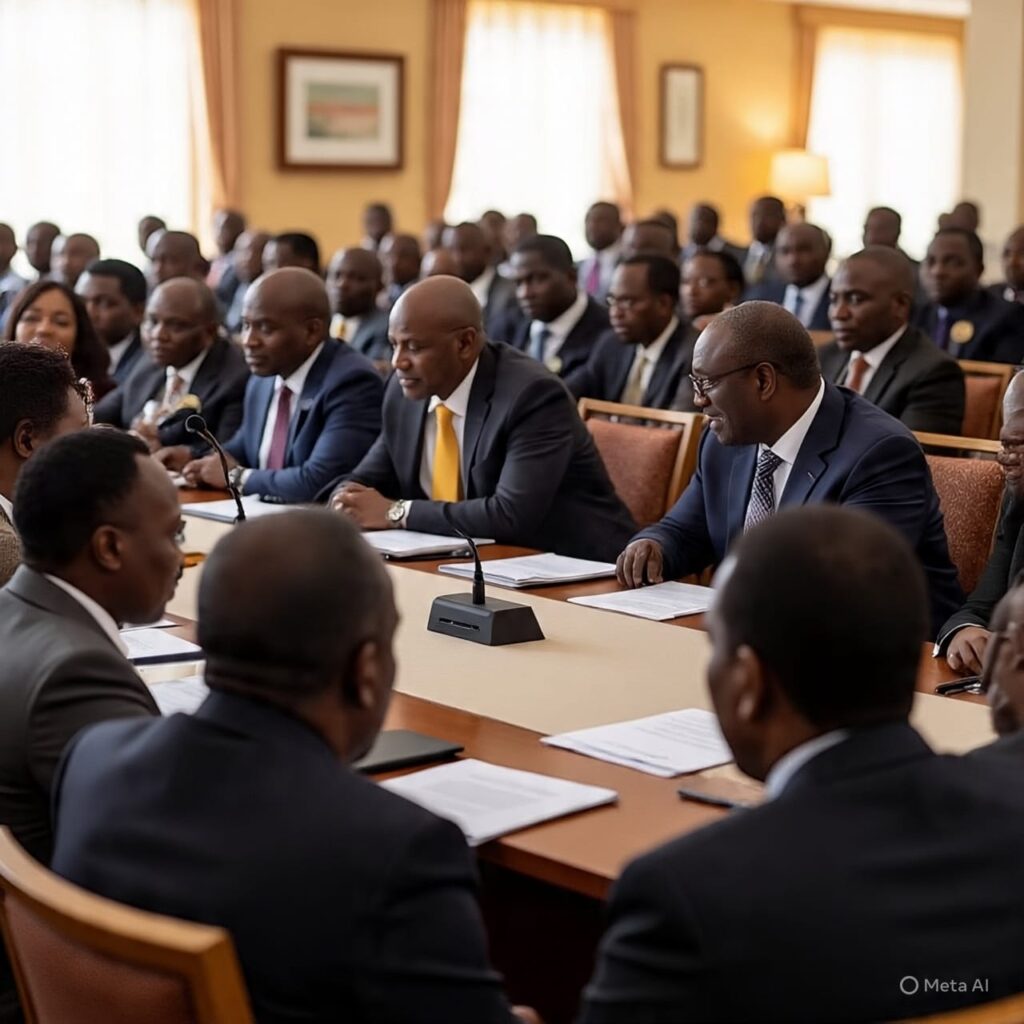
Their conclusion was clear and resolute: Adil James Chilungo stands out as the leader with the capacity and vision to steer Malawi towards sustainable growth, peace, and justice.
Reverend Dr. Grecium Tsambalagwa, a prominent voice within the council, expressed deep concern over Malawi’s current stagnation, which he attributed largely to entrenched political party interests.
“Malawi is failing to grow because of political parties who first think of supporting their members at the expense of all Malawians.
It is time to give Adil James Chilungo a vote if Malawi is to grow extremely,” he emphasized passionately.
The MICPJ’s call for Malawians to rethink their voting patterns is rooted in its foundational objectives, which include promoting interfaith dialogue, advocating for human rights, supporting peacebuilding efforts, empowering marginalized groups, and fostering collaborative governance.
Over the years, the council has been a staunch advocate for unity, justice, and development in Malawi, striving to bridge divides among diverse communities and political factions.
Malawi’s political landscape has long been dominated by party politics, often characterized by rivalry, partisanship, and sometimes divisive campaigns. The council’s message challenges this norm, suggesting that the country’s progress is being hindered by political loyalties that overshadow national interests.
By encouraging voters to support independent candidates who prioritize the collective good, MICPJ hopes to break this cycle and usher in a new era of inclusive governance.
Adil James Chilungo, the endorsed candidate, is widely recognized for his commitment to national unity and socio-economic development. His manifesto reportedly aligns closely with MICPJ’s values, emphasizing peace, justice, human rights, and empowerment of marginalized groups, including women and youth.
The council’s endorsement signals confidence in Chilungo’s ability to implement policies that transcend party politics and foster holistic growth.
This endorsement by a respected religious and peacebuilding institution like MICPJ carries considerable weight in a country where faith communities play a vital role in shaping social and political discourse. The council’s unique position as an interfaith body adds credibility to its call for unity and its critique of divisive party politics.
Reverend Dr. Tsambalagwa’s comments underscore a broader concern about Malawi’s development trajectory.
Despite possessing abundant natural and human resources, the country has struggled with economic challenges, governance issues, and social inequalities.
Many Malawians have grown disillusioned with political parties that appear to prioritize internal interests over national advancement. This sentiment resonates deeply with the council’s appeal for change.
The call to vote for independent candidates is not merely a political preference but a strategic push for reform.
MICPJ envisions a Malawi where leaders collaborate across faiths, ethnicities, and regions to build a just and peaceful society. By endorsing Chilungo, the council is championing a vision that places national interest above partisan agendas.
Malawi’s upcoming elections are set to be a pivotal moment in the country’s history. With the council’s backing, Adil James Chilungo gains a platform that transcends traditional political affiliations, potentially mobilizing a broad spectrum of voters who seek genuine change.
The endorsement could also influence other civil society organizations and faith groups to reconsider their stance on political engagement.
Critics may argue that political parties are essential for organizing governance and providing structured leadership.
However, MICPJ’s position challenges this notion by highlighting the dangers of party-centric politics that can fracture societies and stall progress.
Their advocacy for independent candidates who embrace inclusivity and justice offers an alternative path aimed at healing divisions and promoting sustainable development.
The council’s call also touches on the need to empower marginalized communities, particularly women and youth, to participate actively in governance. This aligns with global trends recognizing that inclusive leadership fosters innovation, accountability, and resilience.
Chilungo’s vision reportedly incorporates these elements, promising to create opportunities for those often excluded from political decision-making.
As the September elections approach, the political atmosphere in Malawi is charged with anticipation and uncertainty.
The MICPJ’s communique adds a new dimension to the discourse, urging voters to critically assess their choices beyond party lines and consider the broader implications for peace, justice, and national growth.
The council’s advocacy for peacebuilding and conflict prevention is particularly timely given Malawi’s history of political tensions and occasional unrest during elections.
Their focus on community engagement, education, and mediation aims to mitigate conflicts and promote harmonious coexistence among diverse groups.
Malawians now face a critical decision: continue with the status quo of party politics or embrace the call for independent leadership that promises a new direction.
The endorsement of Adil James Chilungo by the Malawi Interfaith Council for Peace and Justice could well be a turning point, inspiring voters to unite behind a candidate dedicated to the common good.
The council’s message resonates beyond politics; it is a call for moral and ethical leadership grounded in the values of peace, justice, and human rights. In a nation where faith influences daily life, this appeal carries profound significance.
As the clock ticks towards election day, all eyes will be on how Malawians respond to this clarion call from one of the country’s most respected interfaith institutions.
Will the electorate heed the council’s advice and choose a path of unity and inclusive leadership? The future of Malawi hangs in the balance.
What remains clear is that the Malawi Interfaith Council for Peace and Justice has taken a bold stand, challenging the political establishment and championing a vision that prioritizes the wellbeing of every Malawian.
Their endorsement of Adil James Chilungo as president is not only a political statement but a hopeful beacon for a nation yearning for genuine change and progress.

